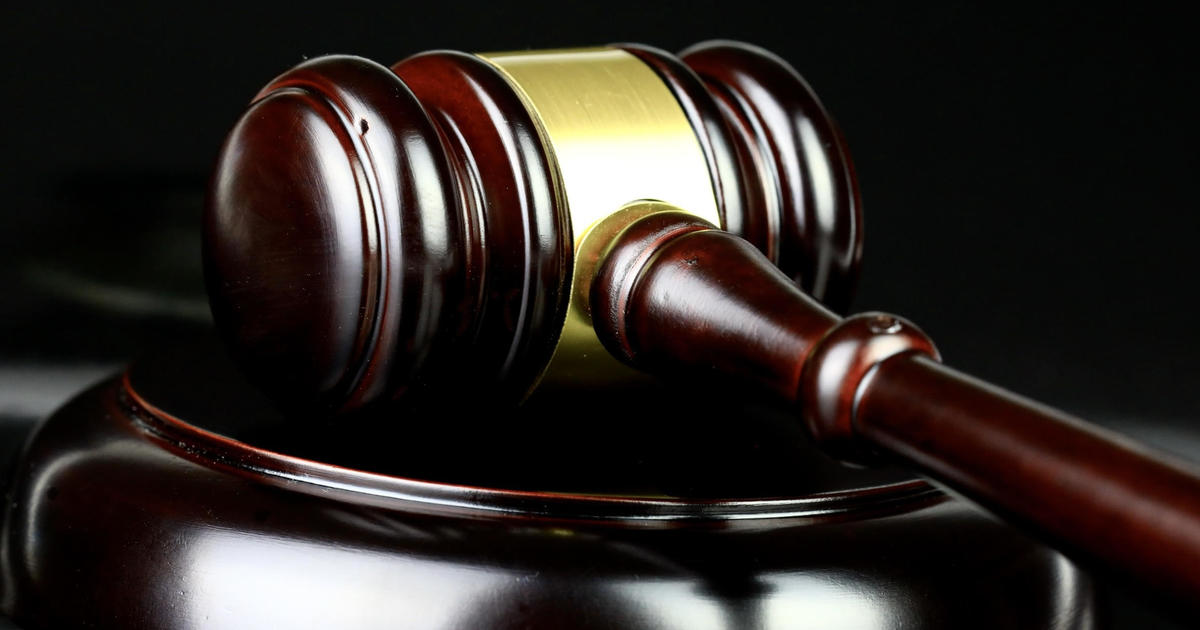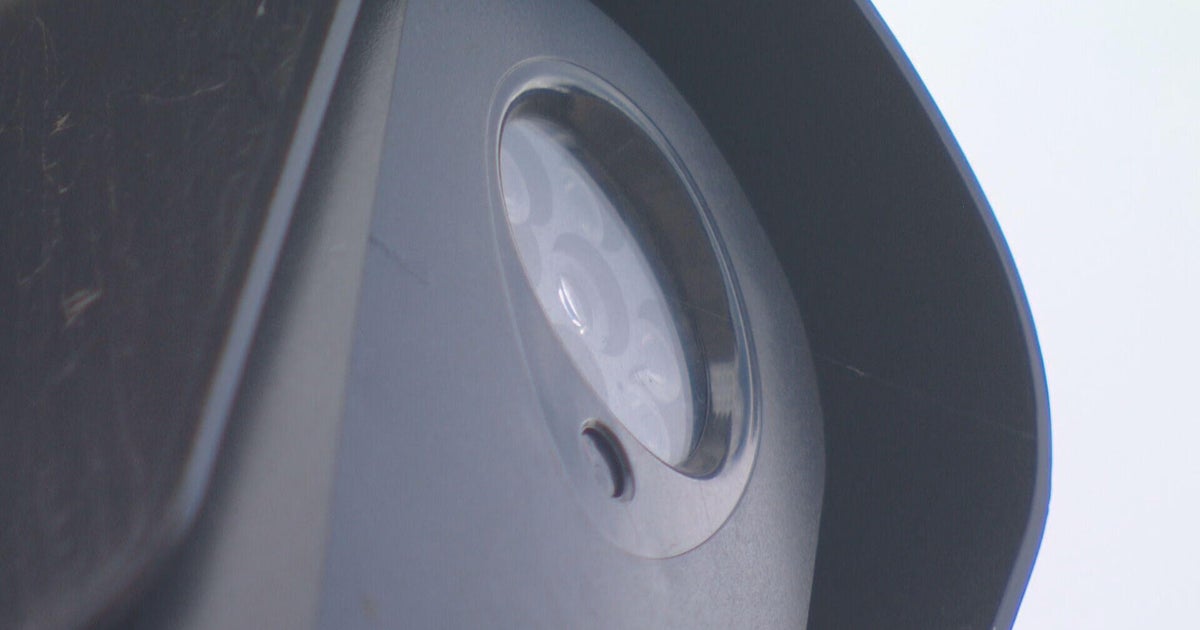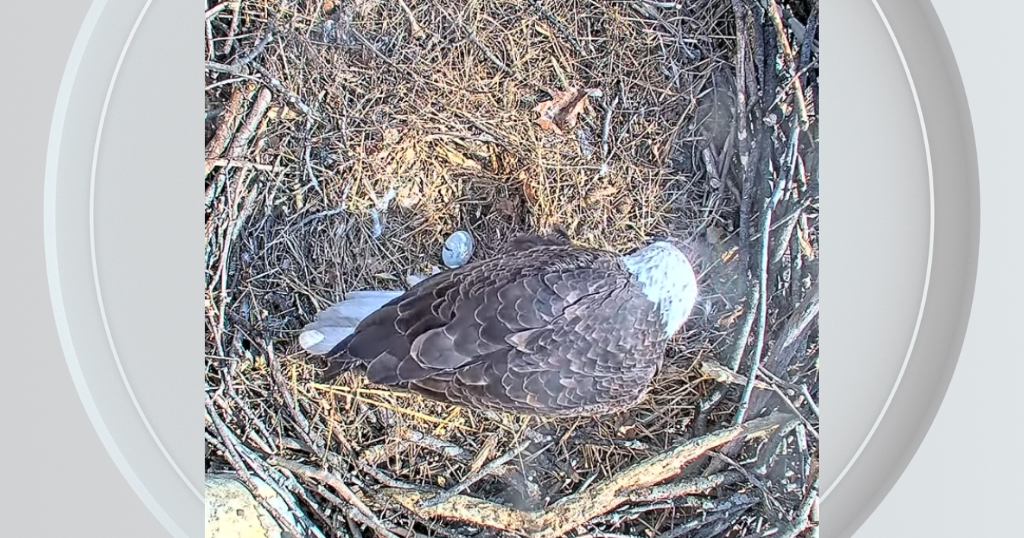Hemp Welcomed Back Into Minnesota Crop Mix On Small Scale
ST. PAUL, Minn. (AP) — A once-banished crop could soon sprout legally again in select Minnesota farm fields: hemp plants that lead to oils, lotions, seeds, rope fibers and other industrial uses.
Minnesota lawmakers approved the "Industrial Hemp Development Act" this month, making theirs the latest among an expanding network of states to reconsider the commodity potential of the cannabis cousin to marijuana. But don't bet on a sudden hemp boom because federal restrictions on cultivation and sales are prompting a cautious approach from Minnesota regulators.
The state Department of Agriculture, which will write rules for hemp production and licensing, signaled Monday it won't rush to register growers beyond a pilot research project for now.
"There will be no cultivation of industrial hemp — outside of the pilot program developed for 'institutions of higher education in Minnesota' — until 24 hours after the federal government authorizes nationalized commercial production," agency spokesman Allen Sommerfeld told The Associated Press in an email responding to questions about timelines for implementing the law.
There are no signs that authorization is on the horizon. The U.S. Drug Enforcement Administration has taken a strict stance in response to state industrial hemp laws, stressing that a 2014 federal farm law merely makes accommodations for academic research and isn't an invitation for commercial sales. Bills to clear the path to commercial hemp cultivation are pending in Congress but barely budging.
Given the stage of Minnesota's limited growing season, authorized hemp planting probably won't commence until next year anyway.
Stevens County farmer Josh Helberg, who grows corn and beans on 250 acres, is eager to turn a segment of his fields into a test plot. Helberg is pushing for answers from University of Minnesota researchers and state officials about how to get involved. He anticipates having to fork out tens of thousands of dollars of his own money to get started but worries about how to recoup the investment down the road.
"How can you afford to plant that seed when you can't sell hemp anywhere?" Helberg said. "Everyone wants some of the red tape to get cut so we can make it a commodity and thrive from it. It's crazy to have our hands tied on it."
Hemp used to be a staple crop across the American countryside, but fell out of favor in the 1930s and 1940s when it got swept up in a national marijuana crackdown. While the two have a biological connection, the hemp plant grown for its fibers and oils contains only trace levels of the chemical in the cannabis plant that induces the psychoactive high for marijuana users.
At least 20 states have legalized industrial hemp production under prescribed limitations and that is commonly tied to research activities, according to National Conference of State Legislatures data. Few are as ambitious as Kentucky where Agriculture Commissioner James Comer said last month his goal was to make the state "synonymous with hemp like Idaho with potatoes." There, 121 hemp research projects have been approved for plant growth on more than 1,700 total acres.
In neighboring Tennessee, 46 producers have begun growing the crop after the state received federal clearance to import seeds this spring, said Corinne Gould, spokeswoman for Tennessee's Department of Agriculture.
Some in Minnesota law enforcement still worry about hemp's legal reintroduction.
The Minnesota Sheriffs Association resisted the hemp measure that was rolled into a giant agriculture and environment budget bill adopted in this month's special session. Executive Director Jim Franklin said he plans to keep close tabs on the agriculture department's process for making rules, particularly relating to background checks for those involved in hemp production or distribution.
"Creative people find new and creative ways to potentially take and misuse product," Franklin said. "We don't know what we don't know about how people might use and abuse this into the future."
Republican Sen. Branden Petersen of Andover, a supporter of the hemp law, said attempts to link industrial hemp to marijuana are off base.
"It would be like comparing a tulip to a rose," Petersen said. "They are both flowers but other than that they are not very similar.".
(© Copyright 2015 The Associated Press. All Rights Reserved. This material may not be published, broadcast, rewritten or redistributed.)







